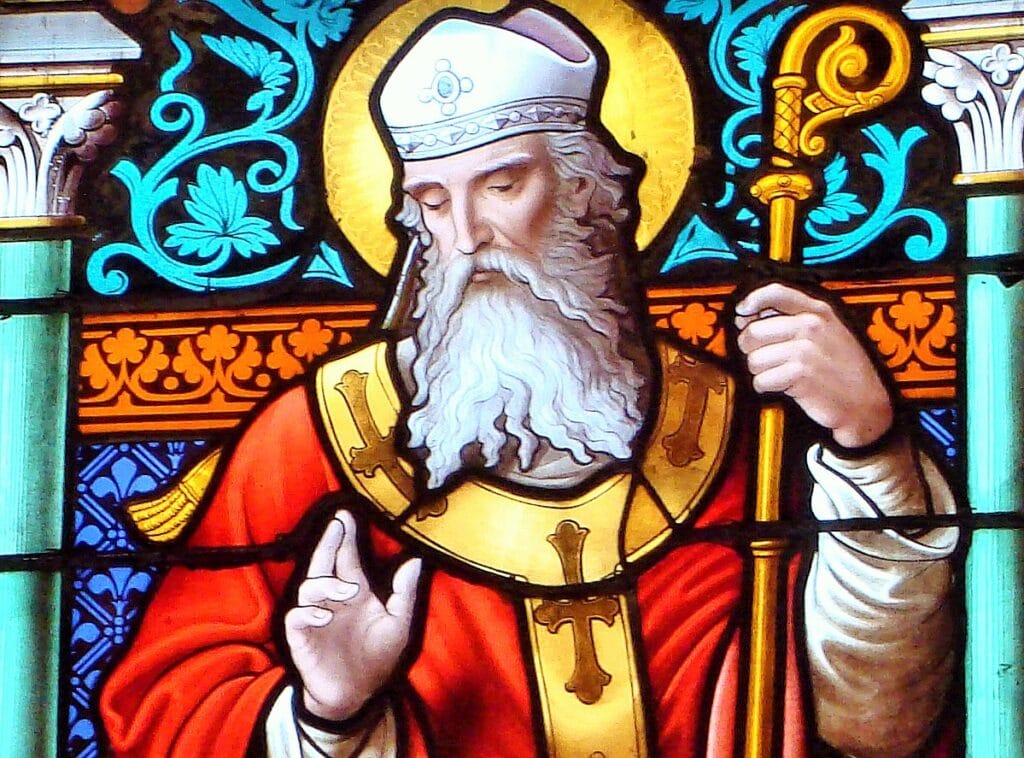The priest Rafael de Mosteyrín offers this article on the figure of Saint Nicholas of Bari, considered to be an intercessor for material and economic needs and whose feast is celebrated today, 6 December.
***
Saint Nicholas, whose feast we celebrate today, is said to have been very generous here on earth with the great inheritance he received from his parents when he was still young. That is why he is considered to be an intercessor for material and financial needs.
As a child, he loved to pray and learned to have a horror of sin, and of offending God. He was ordained a priest and when Bishop John died, the Church, with the grace of the Holy Spirit, chose him as his successor because of his good works.
St. Nicholas lived in the 4th century. His inheritance was immediately put at the service of the poorest and neediest. He was taken prisoner as a priest under the rule of Emperor Licinius and released under Constantine. He took part in the Council of Nicaea.
Little is known about the life and miracles of St. Nicholas of Bari. In the absence of proven facts, pious popular tradition attributes resounding miracles to him. This has made him the patron saint of early Russia and the destination of countless pilgrimages. Bari, the Italian city where his remains lie, has been granted the privilege of keeping his holy relics.
In 1087, the cities of Venice and Bari competed to be the first to retrieve the remains of the saint. To this end, sailors from the latter city chartered a ship, supposedly destined to transport wheat to Antioch. After some risky incidents, they managed to get hold of the relics, and they were buried in a church in Bari.
Saint Nicholas is the patron saint of sailors because it is said that on more than one occasion he stopped storms and raging waves, saving sailors and ships from sinking. St. Nicholas is venerated by children all over the world for his generosity because he always answers their prayers. Saint Nicholas is the good bishop with the white beard who goes around the world spreading joy and goodness.
Saint Josemaría Escrivá had many financial problems. That is why one day he remembered Saint Nicholas of Bari, moments before the beginning of the celebration of Holy Mass. He made him this promise in the sacristy: “If you get me out of this, I name you intercessor of Opus Dei“. But, as he climbed the steps of the altar, he repented of the conditions, and said to him: “And if you don’t get me out, I’ll appoint you anyway”. He came through in those circumstances and went to the Saint’s intercession many other times.
St. Nicholas will be our ally in Heaven to be generous to God and our brothers, and to seek these necessary financial means on earth. Let us go to him. Close to God, he continues to be generous to those who ask him for help.
God revealed to him that his death was approaching and after celebrating his last Mass he died at the age of 85. Since then, through his intercession, many people have received favours and miracles from him. His fame spread rapidly throughout the known world.










